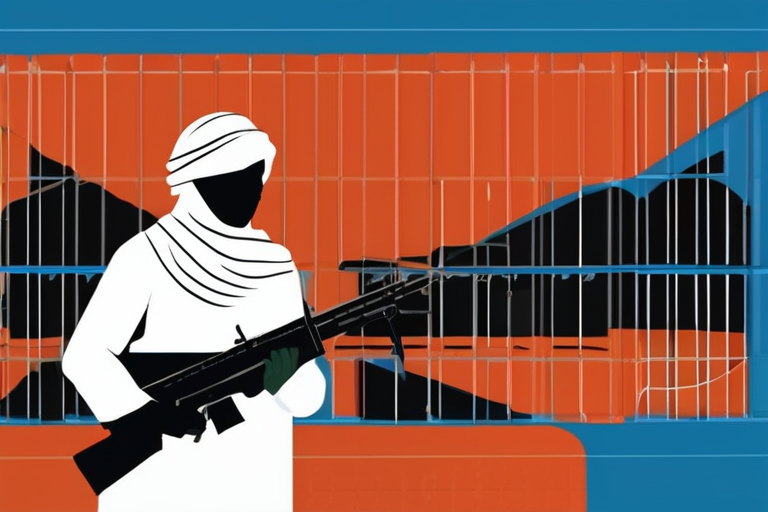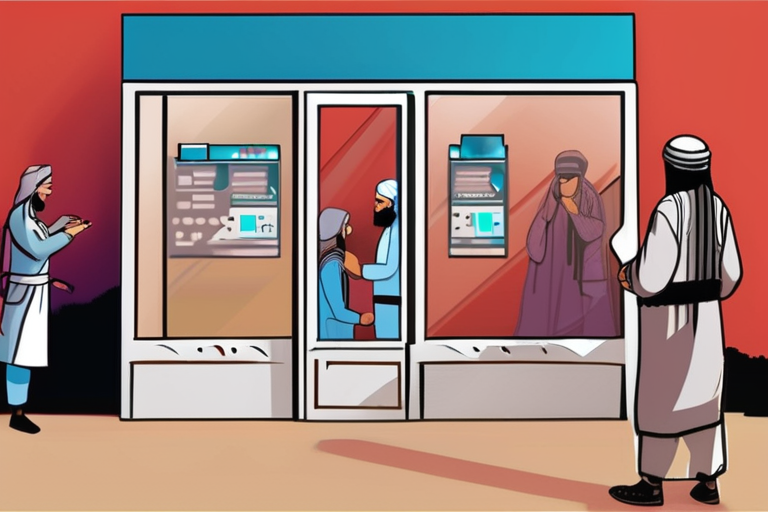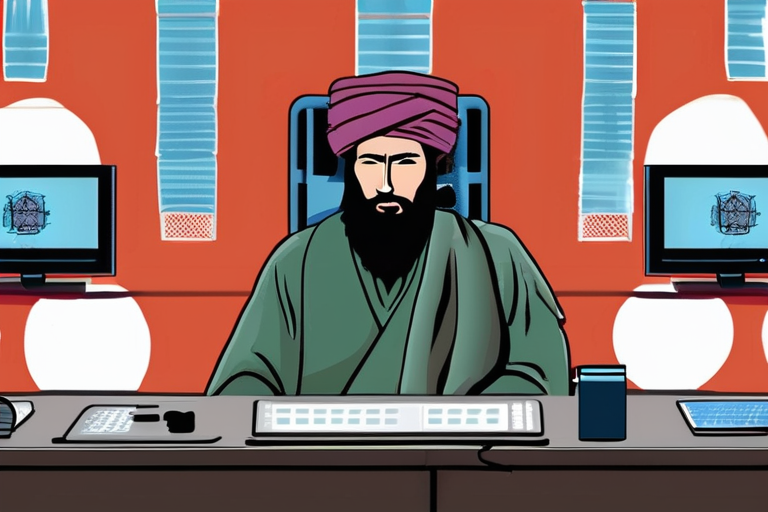The U.N. Mission Appeals to the Taliban to Restore Internet Access in Afghanistan
ISLAMABAD (September 30, 2025) - The United Nations mission in Afghanistan has urged the Taliban to restore internet and telecommunications access across the country, citing concerns over the economic stability and humanitarian crisis caused by the blackout.
The nationwide shutdown, imposed on September 29, was the first since the Taliban returned to power in August 2021. According to the U.N. Assistance Mission in Afghanistan (UNAMA), the outage has left the nation almost entirely cut off from the outside world, crippling banking and financial systems, isolating women and girls, and limiting access to essential services.
"The blackout is having a devastating impact on the Afghan people," said Deborah Lyons, the head of UNAMA. "We urge the Taliban to restore internet access immediately to prevent further economic instability and humanitarian suffering."
The shutdown was part of the Taliban's crackdown on immorality, with several provinces losing their fiber-optic connections after Taliban leader Hibatullah Akhundzada issued a decree banning the service.
"The Taliban's decision to cut off internet access is a step backward for Afghanistan," said Ahmad Shah, a Kabul-based tech entrepreneur. "It will not only harm our economy but also limit our ability to connect with the world."
The blackout has significant implications for Afghanistan's economy, which relies heavily on international trade and financial transactions. The country's banking system, already struggling due to years of conflict and sanctions, is now facing severe disruptions.
"The lack of internet access is making it difficult for us to conduct business," said Abdul Qadir, a Kabul-based businessman. "We are losing customers and revenue as a result."
The U.N. mission has been working with the Taliban to restore internet access since the shutdown was imposed. However, the efforts have so far been unsuccessful.
"We are urging the Taliban to reconsider their decision and allow internet access to resume," said Lyons. "We believe that this is essential for the well-being of the Afghan people."
The situation remains uncertain, with no clear indication when or if internet access will be restored. The U.N. mission has called on the international community to pressure the Taliban to reverse its decision.
In related news, the World Bank and other international organizations have expressed concern over the impact of the blackout on Afghanistan's economy and humanitarian crisis.
"The blackout is a major setback for our efforts to support the Afghan people," said a spokesperson for the World Bank. "We urge the Taliban to reconsider their decision and allow internet access to resume."
The situation in Afghanistan remains complex, with ongoing conflict and humanitarian crises. The restoration of internet access will be crucial in addressing these challenges.
Background:
Afghanistan has struggled with limited internet access since the Taliban returned to power in August 2021. The country's fiber-optic connections were severely damaged during the conflict, and efforts to restore them have been slow.
The U.N. mission has been working with the Taliban to improve internet access, but progress has been limited due to security concerns and technical challenges.
Additional Perspectives:
"The blackout is a disaster for our economy," said Shah. "We need internet access to connect with customers and suppliers."
"The lack of internet access is making it difficult for us to provide essential services," said Qadir. "We are struggling to reach patients and clients."
Current Status and Next Developments:
The situation remains uncertain, with no clear indication when or if internet access will be restored. The U.N. mission has called on the international community to pressure the Taliban to reverse its decision.
In related news, the World Bank and other international organizations have expressed concern over the impact of the blackout on Afghanistan's economy and humanitarian crisis.
The restoration of internet access will be crucial in addressing these challenges.
*Reporting by Npr.*



 Hoppi
Hoppi

 Hoppi
Hoppi

 Hoppi
Hoppi

 Hoppi
Hoppi

 Hoppi
Hoppi

 Hoppi
Hoppi











